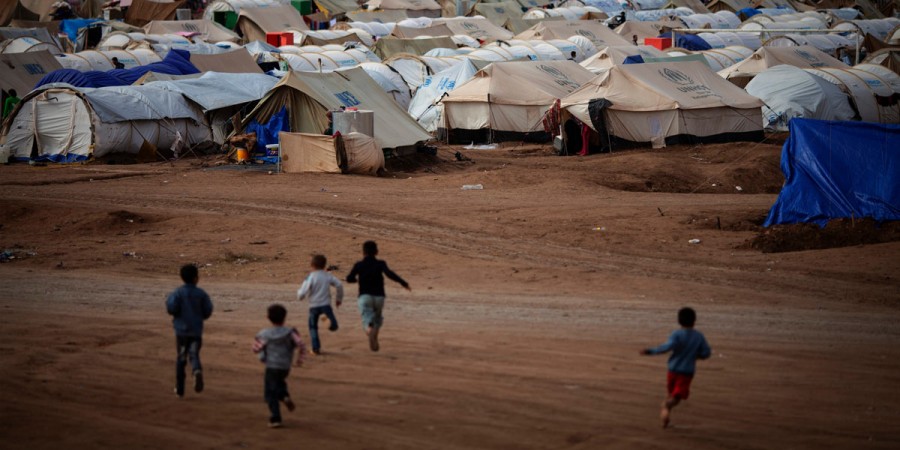Whilst the world has seen significant advancements in development, we need to recognize that the gap between the rich and the poor is getting wider and we have become increasingly vulnerable to crises and disasters. In fact, humanitarian disasters, both natural and those resulting from conflict, have grown in an unprecedented manner with the level of humanitarian needs far outpacing the level of available resources and the capacity to respond.
This partly stems from the international community’s shortcomings in preventing and resolving conflict and building peace. This is evident in the many conflicts we have witnessed over recent years, such as in Syria, Libya, Yemen, Iraq and South Sudan and the continuation of longstanding conflicts such as in Palestine, Somalia and Darfur.
Furthermore, despite all the expertise and technological advances we possess, we failed to predict key events in the Middle East and North Africa region, from the fall of Mosul in Iraq and Sanaa in Yemen as well as conflict developments and political instability since the Arab awakening more than four years ago. Even when early warning signs were there, we failed to adequately respond. The results have been devastating, with hundreds of thousands killed and millions displaced and in need of humanitarian assistance.
Yet, the humanitarian system is not able to cope in responding to the vast scale of humanitarian needs, with many humanitarian organizations openly calling for help. Thus, I am proposing a paradigm shift to change the system.
First, we should ensure greater respect for International Humanitarian Law (IHL). Protection and access has become more difficult, complicated and dangerous and the mechanisms in place for dealing with enhancing them are not working. For example, in Syria, we see repeated violations of IHL with no accountability and a Security Council resolution allowing for cross border humanitarian assistance that is not being effectively implemented.
Second, there is a growing divide between the level of humanitarian needs and financial resources available to respond. The resource requirements for humanitarian assistance reached a record $17 billion in 2014 with little over 50 per cent raised. This has led to calls for assessed contributions to the most severe crises, similar to the way UN peacekeeping operations are funded.
Addressing this is critical; otherwise we will have many lost generations of children without education, such as in Syria, where many are vulnerable to recruitment to extremist and terrorist groups.
The resource burden also needs to be more equitably shared. Again, in response to the Syrian crisis, Lebanon has received around 25 per cent of the size of its own population in Syrian refugees and Jordan has received around 10 per cent, with developed countries rejecting tens of Syrian refugees. This is unacceptable.
Third, the architecture of the international humanitarian system needs fundamental reform, to improve its efficiency and effectiveness and ensure local actors play a more prominent role in decision-making, coordination and response. Whilst, there have been some steps to reform the system, more needs to be done, including by regional organizations.
Fourth, we have been discussing how to better link humanitarian and development efforts for years, and whilst there has been some progress with a strong focus on building resilience, there is still an overall lack of coherence and the overwhelming burden of response lies with humanitarian actors.
Fifth, there needs to be greater focus on meeting the needs of vulnerable groups including women, children, the elderly and those living with disabilities and enhancing psycho-social support for those affected by crises.
Sixth, there is a lot to learn from the private sector, especially in terms of using their knowledge and expertise in innovation and improving the entire humanitarian assistance cycle.
The World Humanitarian Summit is a unique opportunity to build on these ideas and develop effective solutions that will strengthen the global humanitarian system and make it more effective and efficient. We cannot afford to lose this opportunity; history will either judge us as the generation that witnessed the breakdown of the humanitarian system or the one that succeeded in reforming it to better deal with current and future challenges. It is our choice and we must succeed.


Comments